About Naturopathic Medicine
Naturopathic medicine’s origins date back to the 1890s but it has recently seen a resurgence in public interest. As more and more people are becoming disillusioned with American healthcare and insurance systems, more and more people are researching different ways to live healthier lives. With this, the popularity of naturopathic medicine is on the rise.
Naturopathic medicine is a system of primary health care that uses natural therapies to prevent illness and to promote self-healing. Its emphasis is on prevention, treatment, and optimal healing through the use of therapeutic methods and substances that encourage an individual’s body’s inherent ability to self-heal. The practice of naturopathic medicine uses a holistic approach to health and includes modern, traditional, scientific and empirical methods in it diagnosis and treatment of patients.
Naturopathic Doctor Education
A naturopathic doctor (ND) is a primary care physician who has been educated in all of the same basic sciences as a medical doctor and who has passed rigorous professional board exams before they can be licensed by a state or other jurisdiction. An ND uses Western medical sciences as the foundation for diagnosis and treatment of patients. In addition the study of science, an ND also studies holistic approaches to therapy with a focus on wellness and disease prevention. Along with a standard medical curriculum, an ND is trained in botanical medicine, clinical nutrition, counseling, homeopathic medicine, physical medicine and psychology. Many NDs are trained in additional medical fields such as midwifery and acupuncture.
Naturopathic doctors often refer patients to medical doctors and often get patients through referrals from medical doctors.
Naturopathic Medical Practice
NDs view their remedies as complementary as well as primary and work in conjunction with the recommendations of their patients’ other doctors. The foundation of naturopathic medical practice is based on the following principles:
- Whole Person
Naturopathic doctor treats a patient as whole people and takes into account the physical, emotional, genetic, environmental, social, spiritual, and other factors that make up the person’s overall being as well as how it may be causing and/or affecting an ailment.
- Preventative Care
Naturopathic physicians assess heredity, predisposition to
diseases, and other problems, as risk factors that can guide their treatment. They work
in partnership with their patients to make interventions to prevent illness.
- Vis Medicatrix Naturae
Translates from Latin to, the healing power of nature.
Naturopathic medicine recognizes the body’s inherent ability to heal itself and tries to
identify and remove obstacles to healing and recovery.
- Tolle Causam
Is Latin for, identify and treat the causes. Rather than focusing on
eliminating or suppressing symptoms, an ND tries to identify and remove underlying
causes of illness.
- Primum Non Nocere
Means, first, do no harm. Naturopathic physicians try to utilize methods and medicinal substances that have a minimal amount of harmful side effects
while taking the path of least resistance possible in diagnosing and treating a patient. They also try to avoid suppressing symptoms because they feel like this can be harmful to the body’s inherent ability to heal itself.
- Docere
Translates to, teach. Naturopathic doctors educate and encourage their patients
to take responsibility for their own health along with recognizing the importance of the doctor-patient relationship.
Many people appreciate the approach that naturopathic medicine and naturopathic doctors take in treating their patients. Many people have found relief in having the option to treat their health with the holistic view point that naturopathic medicine views a person’s overall health.
